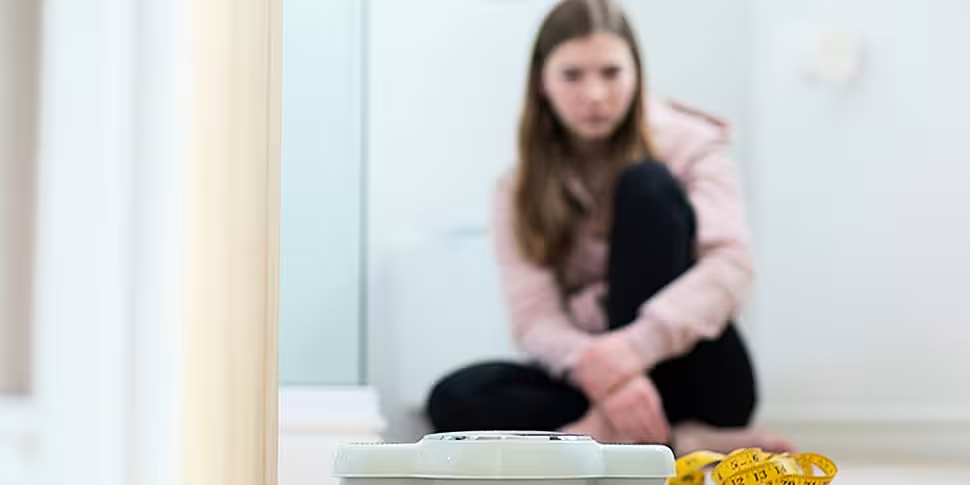There has been a 110% increase in people using online eating disorder support groups, according to support organisation Bodywhys.
Figures gathered last year also show a 98% rise in family members of people with an eating disorder seeking help from the group.
Bodywhys Training and Development Manager, Harriet Parsons, said that a lot of those contacting them had never struggled before lockdown.
She told Newstalk Breakfast with Susan Keogh that the organisation started seeing an increase in people reaching out to them from March for a variety of reasons.
Ms Parsons said she has seen "every type of issue" since the pandemic began, with some people having pre-existing concerns and lockdown causing them "to really come to the fore".
"We saw people contacting our services who were quite well, who were recovering well from their eating disorder, and terrified of relapsing who felt completely stressed out," she said.
"Then there's the group of people for who it had never been an issue before, and then the sudden change of being indoors, not having normal exercise.
"There was a great focus during that first lockdown on eating healthily and everyone was exercising and stuff on YouTube every morning.
"It suddenly brought a new focus to how people exercise and how people eat.
She added that for people who are vulnerable, having a tendency to be anxious or be a perfectionist, she observed them developing obsessive food habits.
"What the clinicians were saying about people presenting to services were that people were presenting in a far more urgent state, so very physically unwell, so that was also something new that we were seeing," she said.
The @NCP_ED @HSELive app for eating disorders can be accessed here. https://t.co/9Z4qYvtLLN @MHReform @RhonaJennings2 @DrMClifford #YMHCOVID
— Bodywhys (@bodywhys) December 10, 2020
Advice
Ms Parsons said that she had spoken to parents "countless times" who had noticed disordered eating since everyone was required to stay under the one roof during the pandemic and which they may not have noticed during busier times.
She advised: "What you need to do if you are worried, if you have alarm bells ringing about somebody in your home, think through why those alarms bells are ringing.
"Think about all the different aspects, because eating disorders are so complicated.
"We can get caught up in the food and weight aspect and we can forget the other parts, the emotional part or the thinking part.
"If we only focus on the food or the weight part, what we're really doing is we're missing what's actually wrong and we're focusing on the thing the person is using to make them feel better, so they'll get defensive and they'll shut down.
If people are considering talking to someone they think may have an issue with disordered eating, they need to think about "everything that's going on", she added.
This includes the individual's mood, whether they have stopped interacting with their social circle, are they avoiding eating with others or exercising more.
"Look at the whole range of behaviours that might change when somebody is developing an eating disorder," she advised.
"Think it through and jot it down so that you are prepared when you have that conversation, and when you want to talk to them, pick a suitable time when you're not rushed, when they're calm, and think of that conversation as the first of a few conversations.
"It's not all going to happen in one conversation."
Ms Parsons added that the word "should" needs to be avoided, such as telling the person what they should do, rather you should speak from your own perspective and tell them why you're worried.
If you or somebody close to you is looking for help dealing with an eating disorder, you can find out more information at the Bodywhys website, via their helpline on 01-2107906, or by emailing alex@bodywhys.ie.









